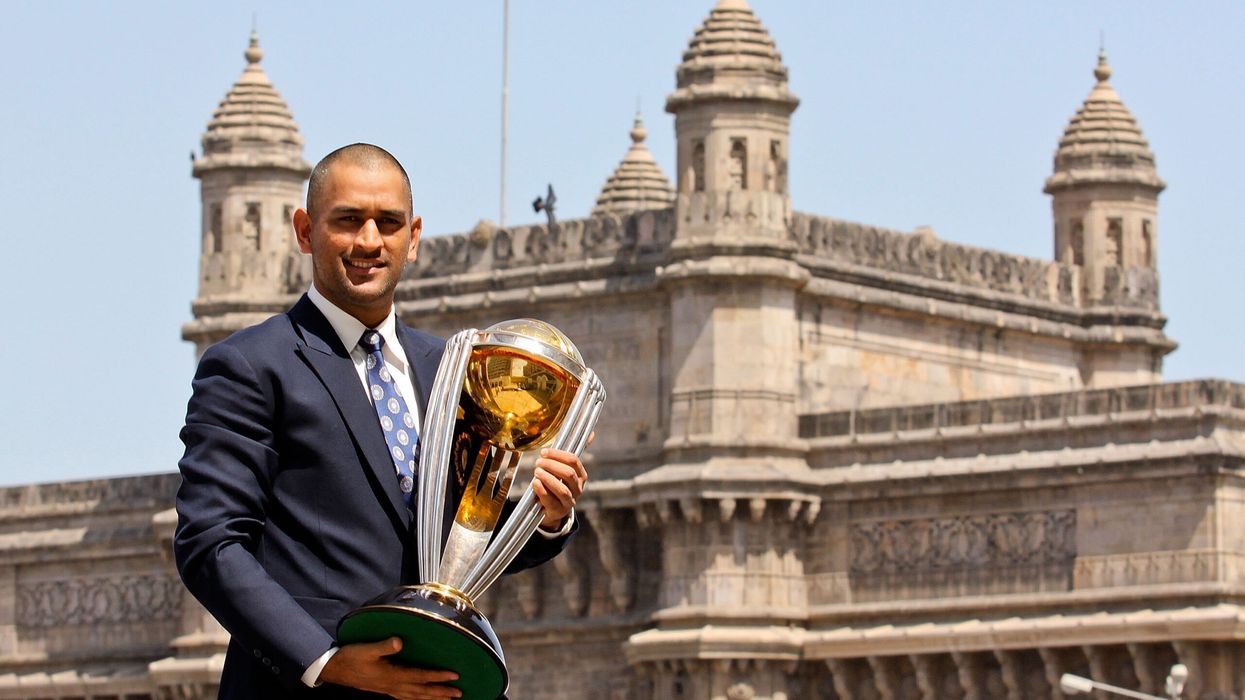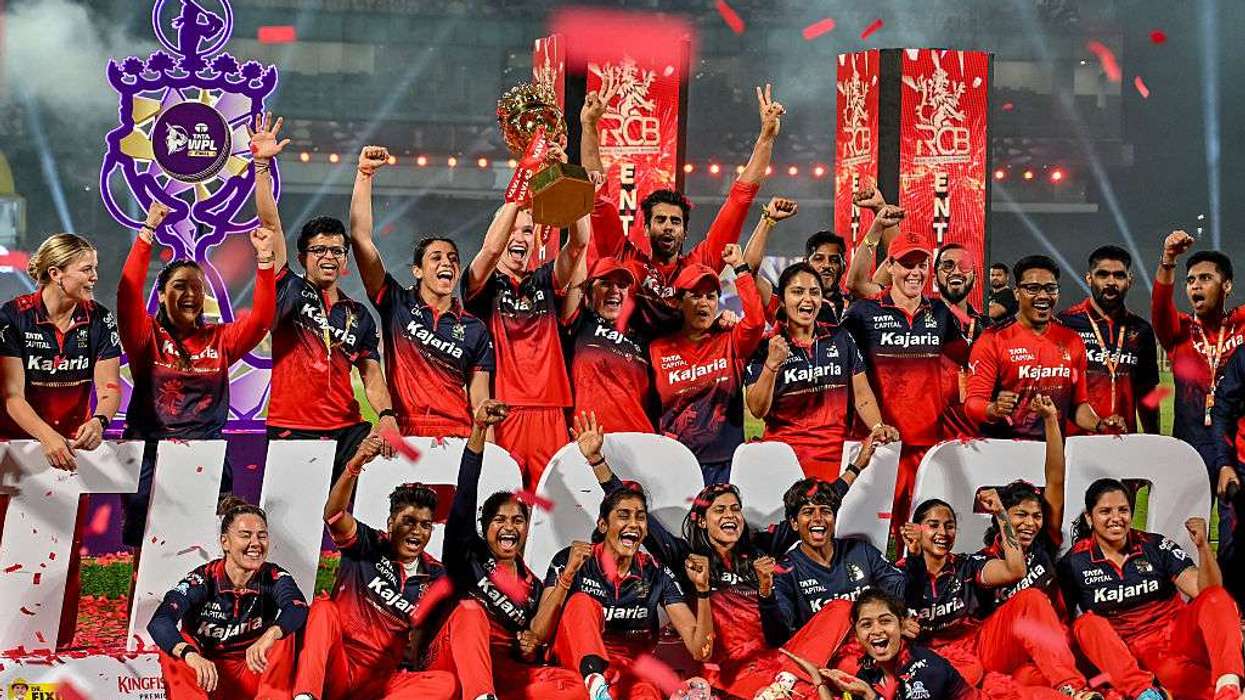A 3D model crafted by scientists to depict the 4th century BCE economist and philosopher, Chanakya, surprisingly resembles the former Indian cricket team captain Mahendra Singh Dhoni, sparking amusement and memes across Indian social media platforms.
The captivating 3D model, crafted by the scientific minds at Magadha DS University, shared on X swiftly went viral.
A user on X shared a side-by-side image, accompanied by a caption highlighting the unique twist to Chanakya's historical image. "Scientists at Magadha DS University have reconstructed this 3D model of how Chanakya, the author of Arthashastra might have looked."
Netizens expressed amusement, surprise, and even admiration for the creative intersection of history and contemporary culture.
The online community found itself caught in a delightful frenzy, exploring the intricacies of the digital reconstruction and the intriguing blend of ancient and modern elements.
The unexpected connection between Chanakya and MS Dhoni served as a reminder of the universality of certain visual traits and the power of digital technology to bridge gaps across centuries.
Mahendra Singh Dhoni, commonly known as MS Dhoni, is one of the most iconic and successful cricketers to emerge from India. Under his captaincy, India also secured the 2010 and 2016 Asia Cups, the 2011 ICC Cricket World Cup, and the 2013 ICC Champions Trophy.
His ability to maintain a calm exterior, even during nail-biting matches, earned him the moniker "Captain Cool." Dhoni was also known for his innovative captaincy, strategic field placements, and effective use of players based on their strengths.
Chanakya, also known as Kautilya or Vishnugupta, was an ancient Indian philosopher, teacher, economist, jurist, and royal advisor who lived around the 4th century BCE. He is perhaps best known for his seminal work, the Arthashastra, an ancient Indian treatise on statecraft, politics, economics, and military strategy.
Arthashastra, which translates to "The Science of Material Gain" or "The Science of Politics," is a comprehensive manual that covers various aspects of statecraft and governance. At its core, the treatise aims to provide guidelines for rulers on how to establish and maintain a stable and prosperous state.
The treatise begins with an exploration of the nature of power, the qualifications of a ruler, and the importance of a well-organized state. It delves into economic policies, taxation, and trade regulations, emphasizing the need for a strong and self-sufficient economy as the foundation of a stable kingdom.
Chanakya advocates for the promotion of agriculture, commerce, and manufacturing to ensure the economic well-being of the state.
The Arthashastra also provides detailed insights into the art of warfare, covering aspects such as military organization, espionage, and strategies for conquest.




